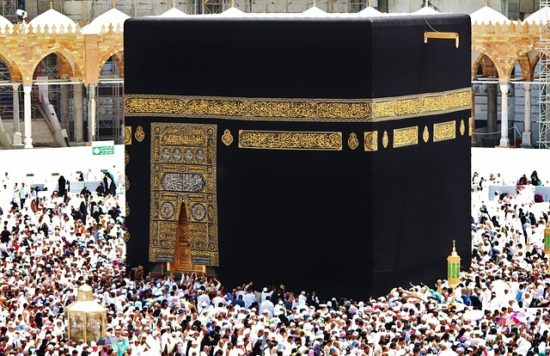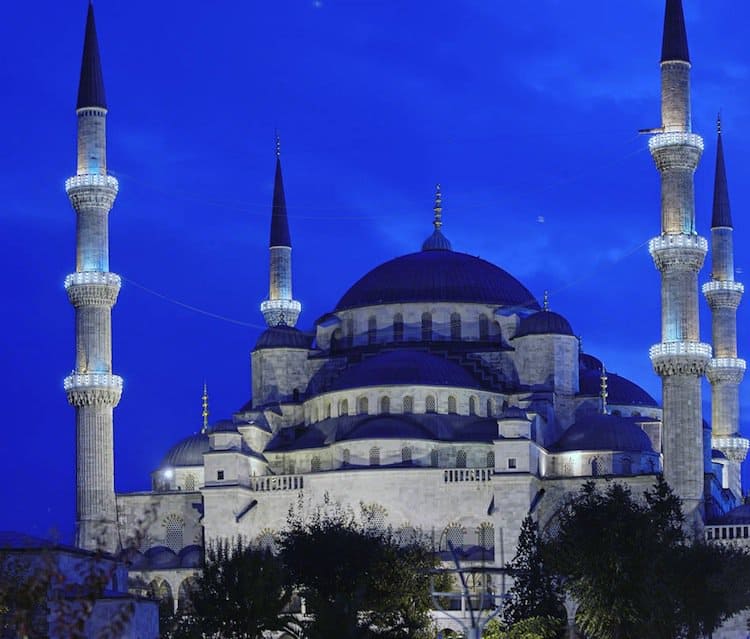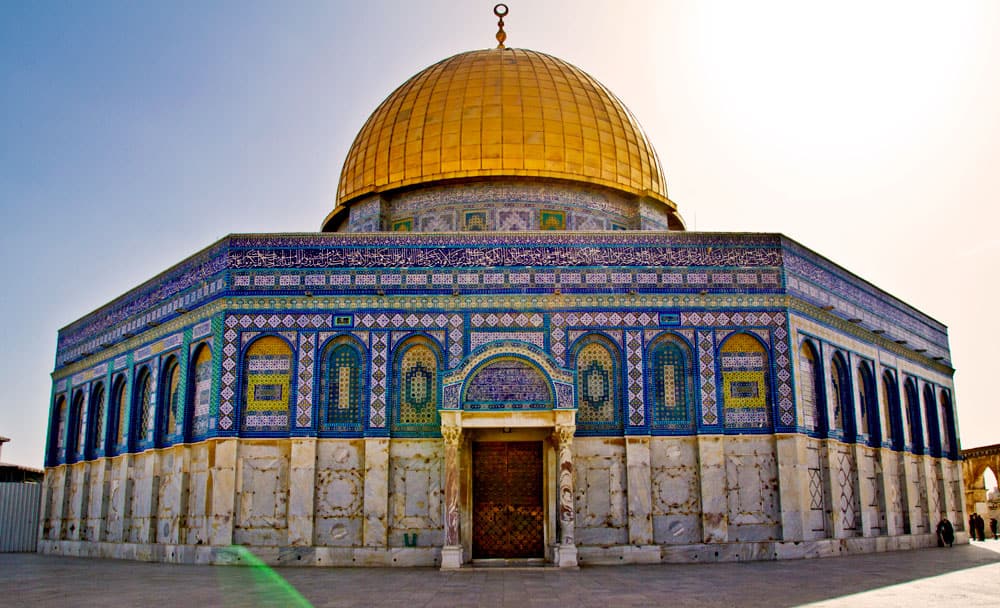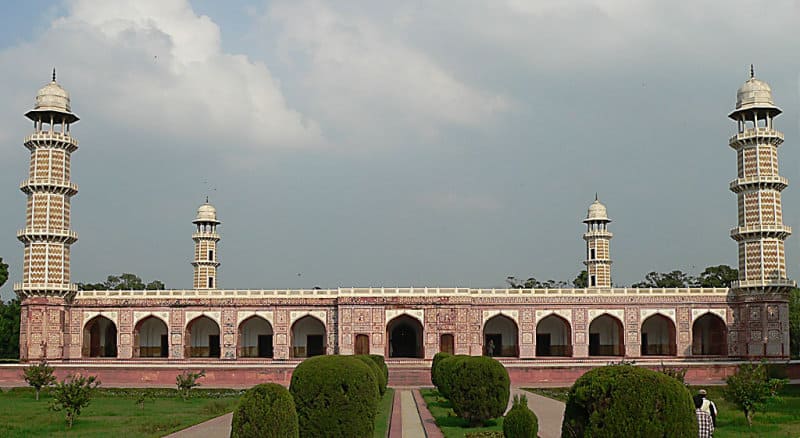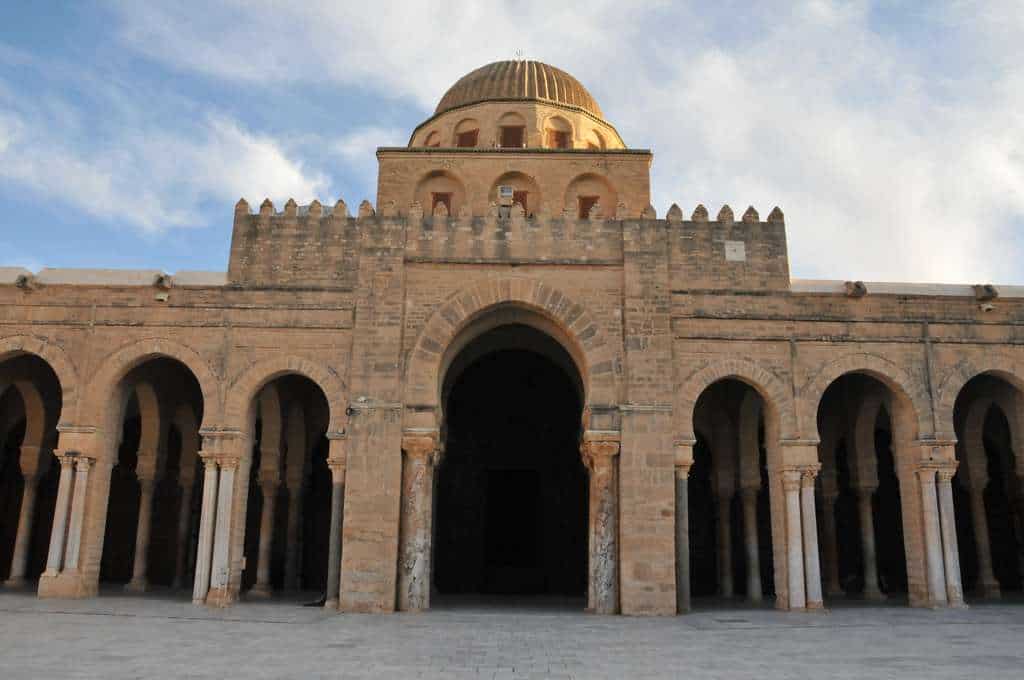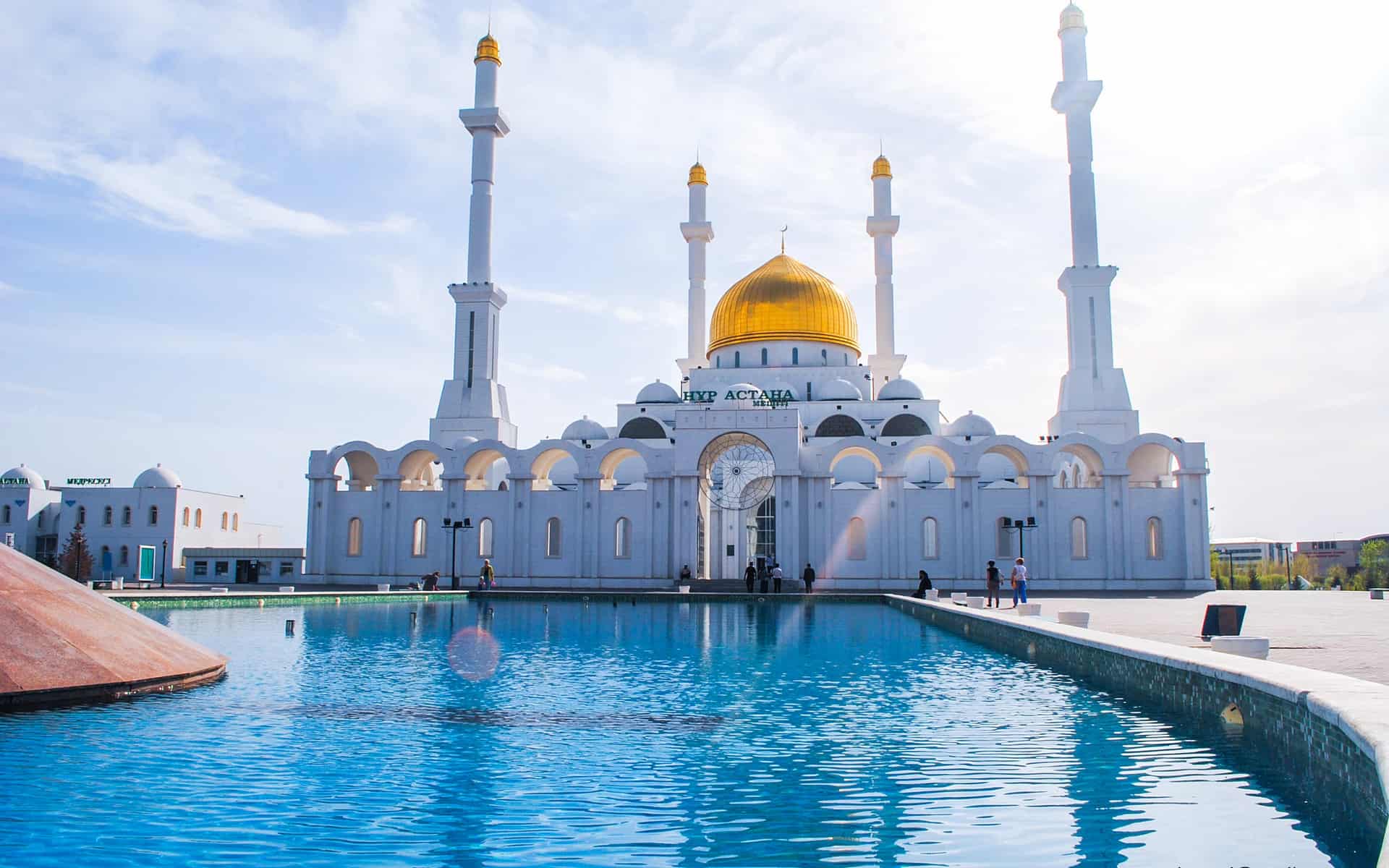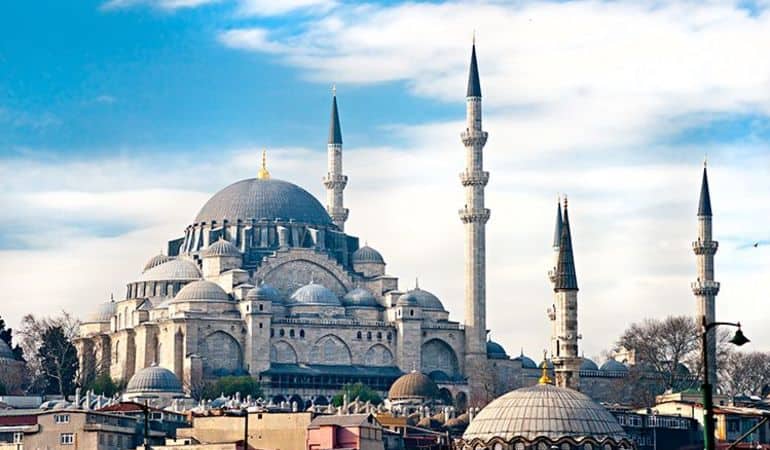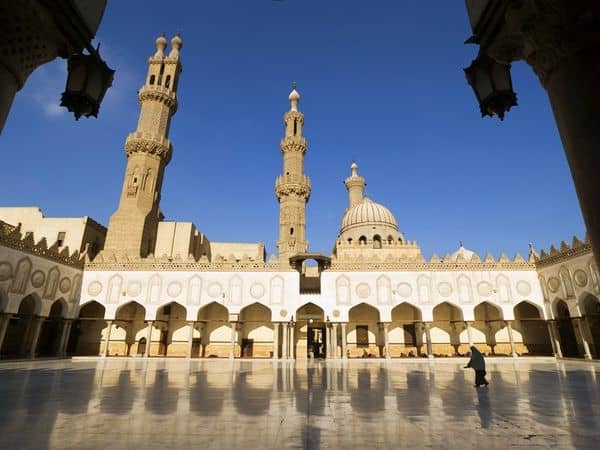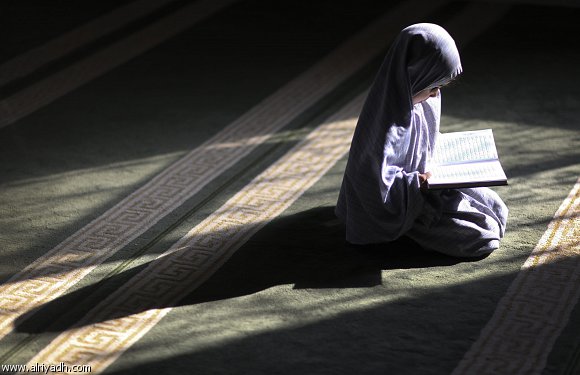Muslims worship Allah Almighty in the form of prayer or offering Salah five times a day. Allah alone is the creator of this universe it is obligatory on us (Muslims) to worship Him. Pray five times a day is the part of Islamic faith for Muslims. In Muslim countries call to prayer or Adhan from Mosques is the source for calling Muslims to offer salah on time with the congregation. Adhan also sets the rhythm of the day for the entire population including Non-Muslims.
The prayer is not just spoken words but for a Muslim, it involves uniting mind, soul, and body in worship. So a Muslim carrying out the prayers will perform a whole series of set movements that go with the words of the prayer. Muslims make sure that they are in the right frame of mind before they start to pray. One should put aside all every day cares and thoughts so that he/she can concentrate exclusively on worship for Allah Almighty.
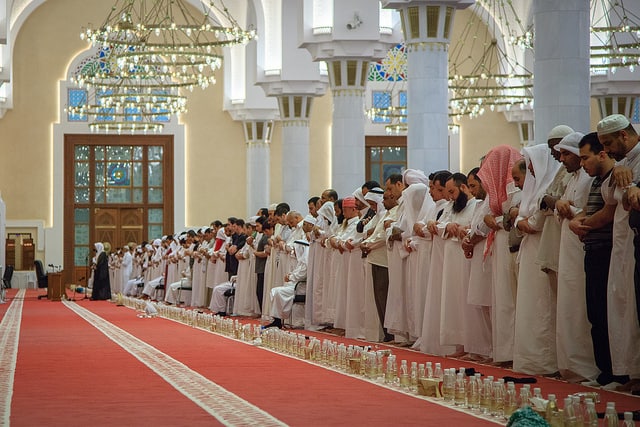
We all should pray with the right attitude of mind not for showing off other people. Allah Almighty says in Noble Quran in these words: “Woe to those who pray but are unmindful of their prayer, or who pray only to be seen by people” (Quran, 107:4-6). For Muslims prayer denotes a set of ritual movements and words said throughout fixed times in a day and night. Allah (SWT) says in the Holy Quran, “Verily, the prayer is enjoined on the believers at fixed hours”. (Quran 4:103)
Timings for prayer are set on which Muslims should pray. Muslims pray Salah in the early morning before sunrise, in the middle of the day, in the afternoon, at sunset and at night. The purpose of worship is to pray in obedience to Allah Almighty because it is the belief of Muslims that Allah Almighty created humankind for no other purpose except to worship Him. Allah Almighty mentioned in the Quran: “And I did not create man…except to worship Me Alone” (Quran, 51:56).
Prayers five times a day remind us of the faithfulness of Allah Almighty and the many opportunities to seek His guidance and forgiveness. Prayer also serves as a reminder of the connection between Muslims of all over the world who share their faith and rituals among each other. Muslims should perform some rituals before prayer that includes clear of mind and the body. Wudu is essential before starting prayer in which ritualistic washing of hands, feet, arms, and legs included.
Once the Wudu has been completed, it’s time to find a place to pray. Many Muslims pray at mosques in the congregation, where they can share their faith with others. But any quiet place, even a corner of an office or home, can be used for prayer. Muslims must stand facing the Qibla direction for offering salah or prayer. Muslims pray five daily prayers on different times that mentioned below with their timings:
- Fajr: With Fajr prayer, Muslims start off their day with the remembrance of Allah Almighty. Fajr prayer must offer before sunrise.
- Dhuhr: After the day’s work has begun, one breaks shortly after noon to again remember Allah (SWT) and seek His guidance.
- Asr: The prayer of Asr should perform in the late afternoon. Muslims should take few minutes to remember Allah Almighty and the greater meaning of their lives while offering salah.
- Maghrib: The Maghrib prayer should perform just after the sun goes down. Muslims remember Allah Almighty again as the day begins to come to a close. This prayer should perform just after sunset.
- Isha: Muslims again take the time to remember Allah Almighty’s presence, guidance, mercy, and forgiveness before restrained for the night.
Muslims should also recite Quran in prayers. Prayer is a reminder and a comfort. The believer seeks the comfort that comes from feeling close to Allah Almighty, the peace that comes from feeling Allah’s love and mercy that comes from knowing that Allah is real. All these feelings of knowing Allah Almighty comes through prayer. May Almighty Allah guide us to pray five times a day on their specific timings! Ameen

